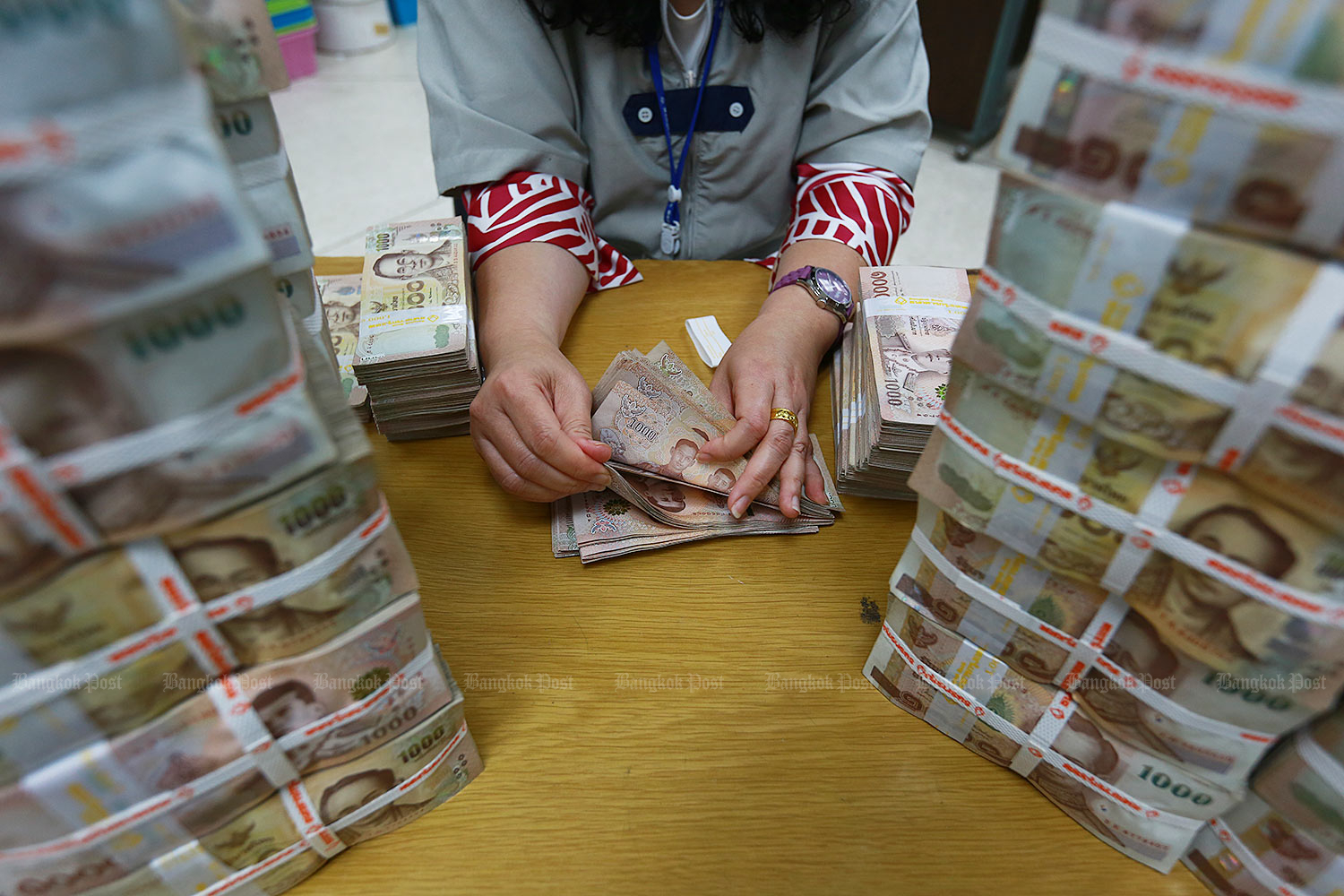
Stock market analysts anticipate the US reciprocal tariff, which was higher than market estimates, could reduce Thai GDP by up to 1.2 percentage points, though a severe impact may prompt the Bank of Thailand cut interest rates to revitalise the economy.
Krungsri Securities (KSS) said the US announced broader reciprocal tariffs than expected, with President Donald Trump setting a 10% base import tariff on 190 countries effective April 5 (universal tariffs), with additional higher tariffs for certain countries including China, India, the EU and Thailand.
The tariff could shrink Thai GDP by 0.6-1.2 percentage points from KSS's GDP estimate of 2.7% in 2025, said Koraphat Vorachet, assistant managing director and division head of research.
"Thailand is among the Asian countries moderately affected by the tariff. While Japan, South Korea, Indonesia and India can bargain with the US to lower tariff rates, I don't think Thailand has much capacity to do so," he said.
Kasem Prunratanamala, head of research at CGS International, said the reciprocal tariff on Thailand is well above the brokerage's expectation and the market consensus of 10-15%.
The new US tariffs will dampen exports and private consumption, especially for the low-income segment, said Mr Kasem.
Assuming the tariff causes Thailand's total exports and imports to decline by 10% this year, CGS projects Thai GDP could contract by 0.5 percentage points.
"However, as lower exports will likely translate to lower private consumption, especially for the low-income segment as factory workers may not be needed for overtime, we believe reduced consumption will shrink GDP by 0.4 to 0.7 percentage points," he said.
As such, the total impact on Thai GDP will be 0.9-1.2 percentage points this year, said Mr Kasem.
Mr Koraphat said Thailand needs both fiscal and monetary policies to shore up economic growth.
The government needs to introduce policies to prop up domestic consumption and should help the private sector find new export markets to offset the expected decline to the US and other markets affected by Trump's tariffs, he said.
"Monetary policies must be relaxed," said Mr Koraphat, adding the central bank is expected to trim the policy interest rate at the end of the second quarter or in the second half of the year.
Mr Kasem said the Thai government plans to import more agricultural products and energy from the US, while encouraging Thai corporates to invest in the US.
"In our view, it will be difficult for the Thai government to reduce tariffs on agricultural imports because it has to protect local farmers," he said.
With a stronger impact from reciprocal tariffs than expected, CGS downgraded its year-end Stock Exchange of Thailand index target from 1,380 points to 1,200.


